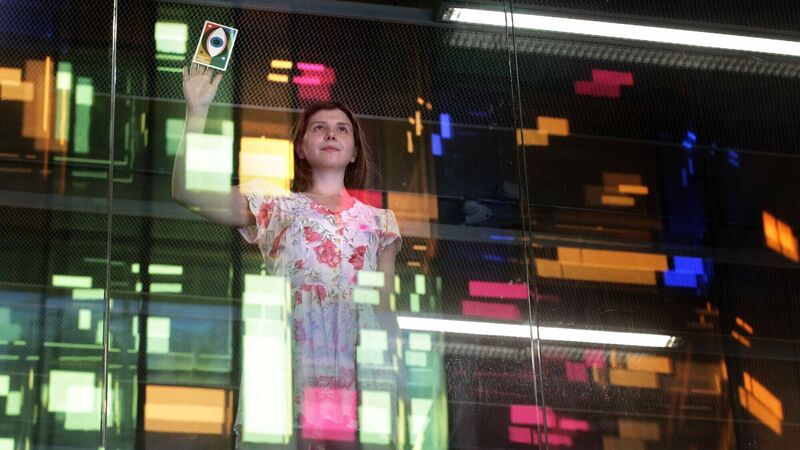Joyce Fegan: Poetry is the exact opposite of a reactive, toxic Twitter

Elizabeth Mohen of Poetry Ireland as Poetry Day Ireland was celebrated in the same week that Twitter was sold.
Try from €1.50 / week
SUBSCRIBE
Elizabeth Mohen of Poetry Ireland as Poetry Day Ireland was celebrated in the same week that Twitter was sold. Picture: Mark Stedman
Is poetry the answer? This week in the Pakistani city of Jacobabad, temperatures reached 46 degrees Celsius. In Delhi, India, a temperature of 43 degrees was recorded.
To try and stay hydrated, India’s government advised its people to wear damp towels, consume homemade drinks such as ‘lassi’ and avoid high-protein foods.
Already a subscriber? Sign in
You have reached your article limit.
Annual €130 €80
Best value
Monthly €12€6 / month
Introductory offers for new customers. Annual billed once for first year. Renews at €130. Monthly initial discount (first 3 months) billed monthly, then €12 a month. Ts&Cs apply.
CONNECT WITH US TODAY
Be the first to know the latest news and updates
Newsletter
Sign up to the best reads of the week from irishexaminer.com selected just for you.

Select your favourite newsletters and get the best of Irish Examiner delivered to your inbox
Monday, February 9, 2026 - 6:00 AM
Monday, February 9, 2026 - 8:00 AM
Monday, February 9, 2026 - 9:00 AM
© Examiner Echo Group Limited